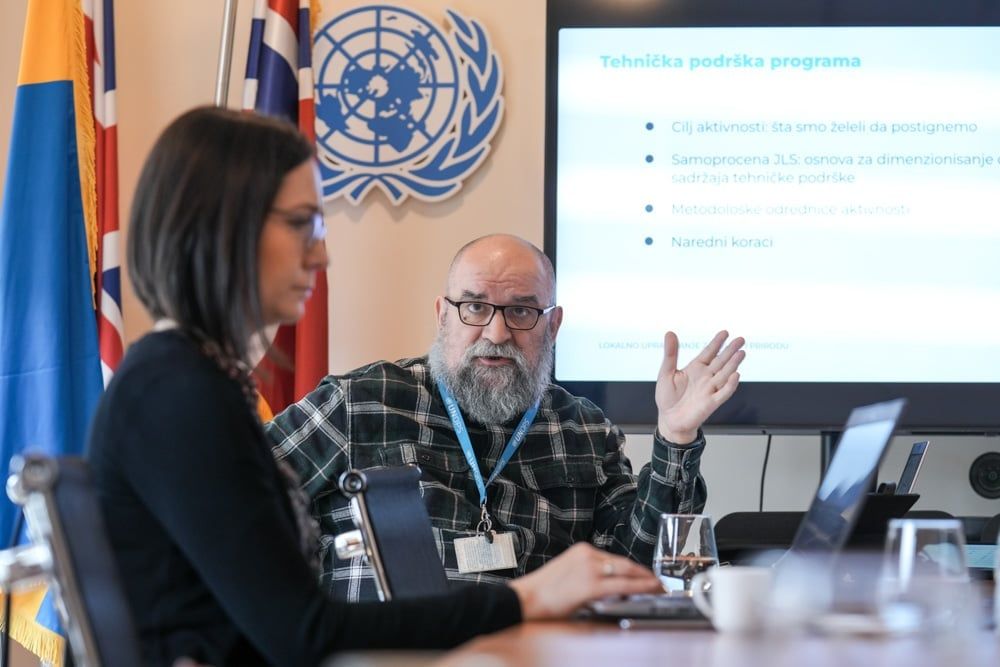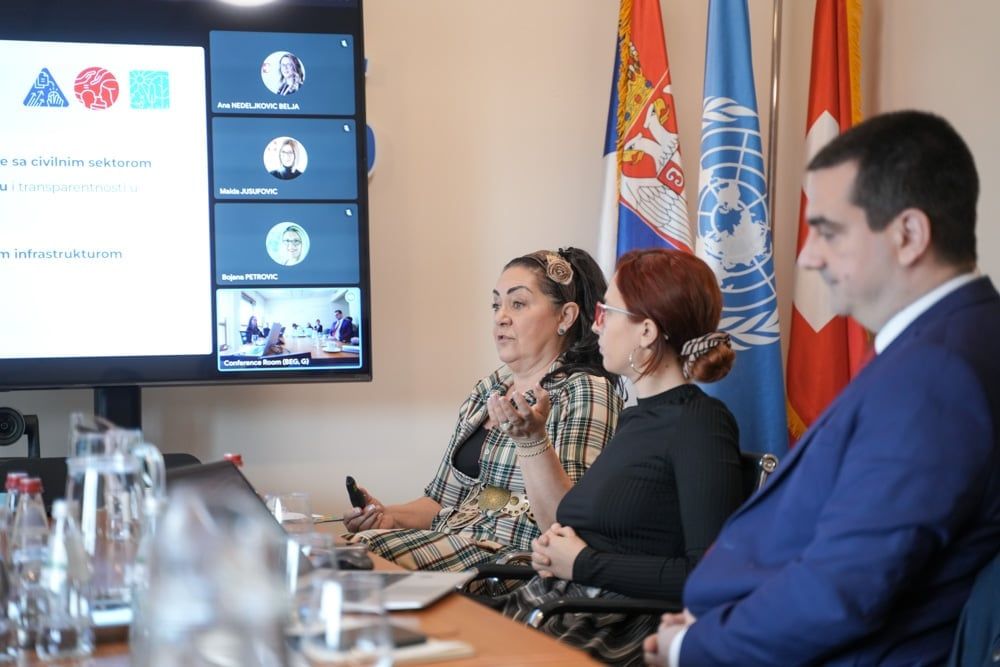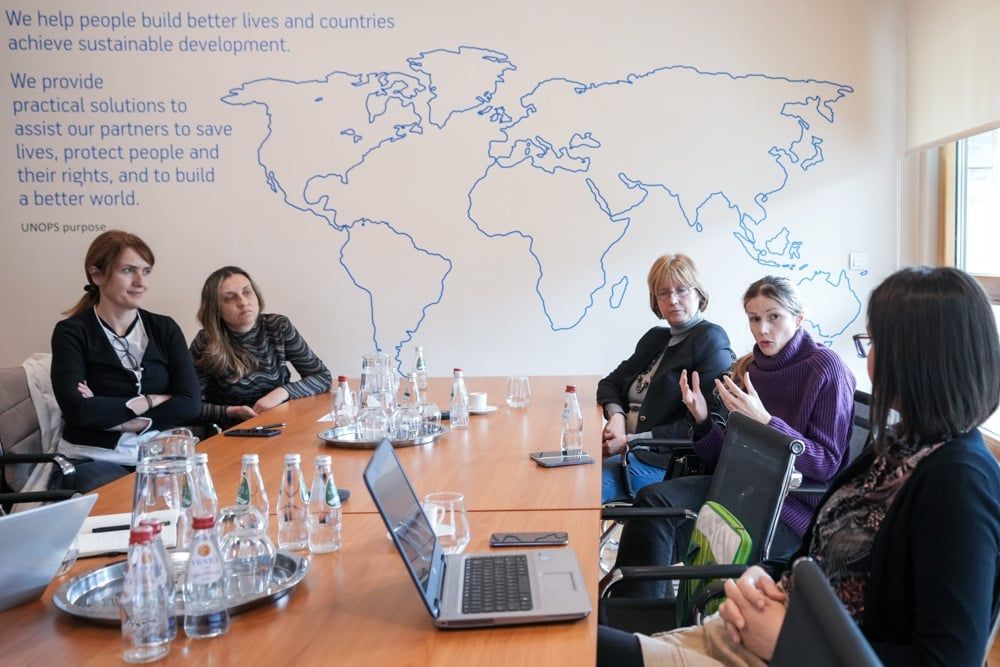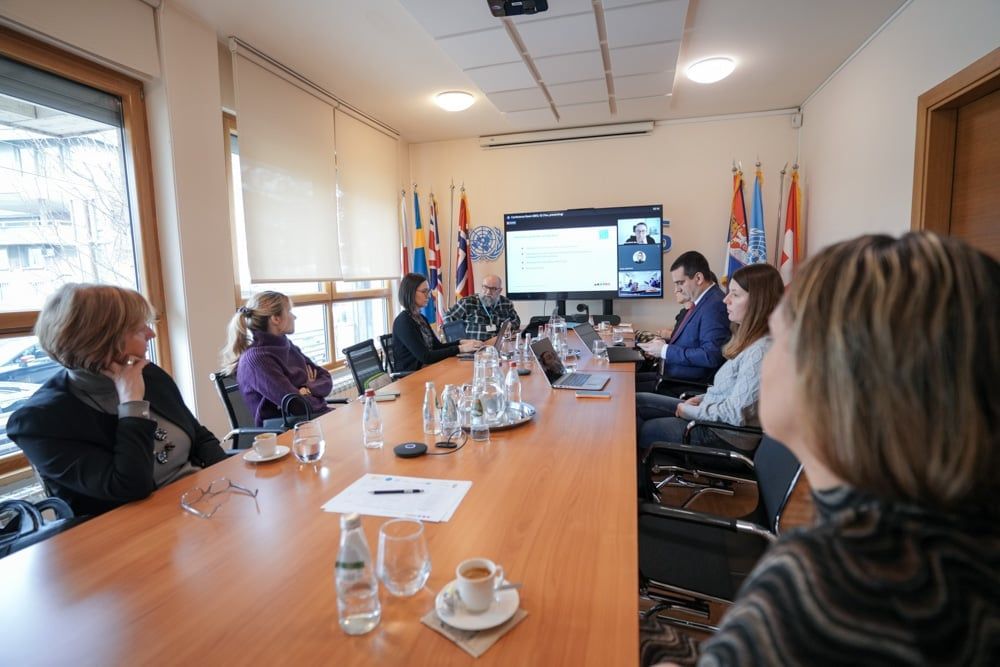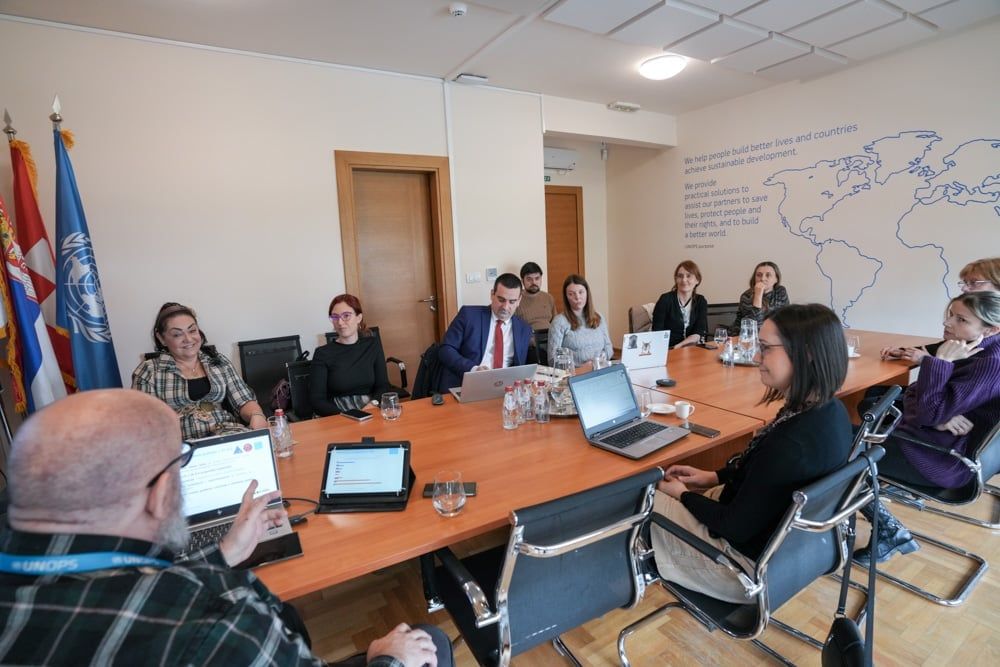Experts Exchange Key Lessons for Stronger Local Environmental Protection Policies
The results of technical support provided in 20 local self-governments across Serbia were presented. Consultant Biljana Filipović Đušić highlighted key achievements, including the development of waste management plans, implementation of air quality control programs, drafting of an energy efficiency plan and a soil monitoring program, and strengthening institutional capacities through the establishment of seven green councils. Special attention was given to improving citizen and business participation in policy-making, while some local self-governments have also initiated processes for preparing and adopting new policy documents, including local waste management plans, energy efficiency programs, and pollution control strategies.
In addition to the achieved results, consultant Nina Cvetanović identified several challenges hindering the implementation of environmental protection policies at the local level. The main issues include insufficient political and financial support for local self-governments, limited organizational and technical capacities, weak cooperation between institutions and civil society, and the need to improve communication with citizens and increase transparency.
Participants agreed on the necessity of strengthening cooperation between local and national institutions, as well as enhancing technical capacities and mechanisms for policy implementation. A particular emphasis was placed on the need for continuous environmental monitoring, which would enable data-driven decision-making and long-term sustainability of local policies.
The workshop was conducted as part of the “PRO - Local Governance for People and Nature” program, jointly implemented by the United Nations agencies in Serbia - UNOPS, UNICEF, UNFPA, and UNEP, in collaboration with the Government of the Republic of Serbia and with financial support from the Swiss Government.
